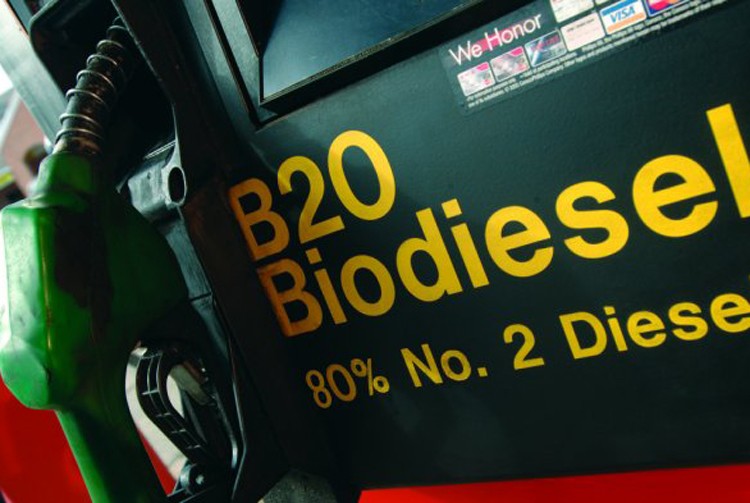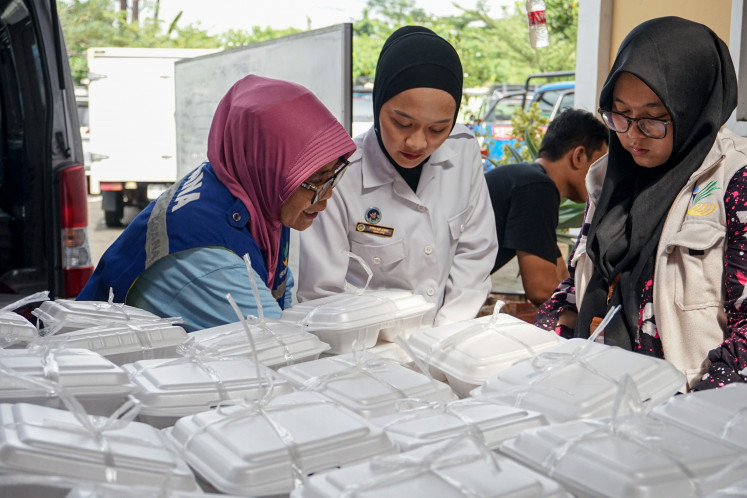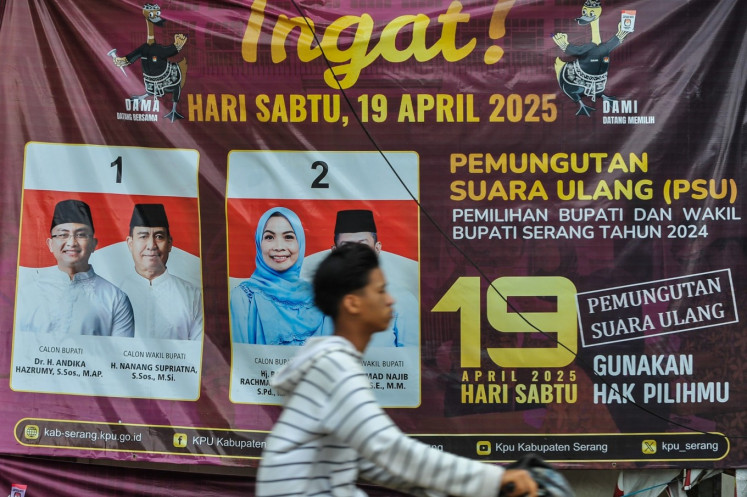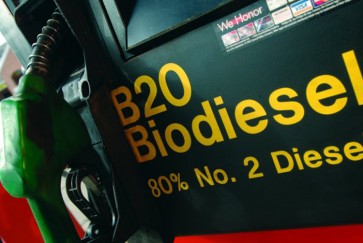Popular Reads
Top Results
Can't find what you're looking for?
View all search resultsPopular Reads
Top Results
Can't find what you're looking for?
View all search resultsBiodiesel for climate change mitigation, energy security?
The development of biodiesel in Indonesia is entering a new phase.
Change text size
Gift Premium Articles
to Anyone
T
he development of biodiesel in Indonesia is entering a new phase. After setting various ambitious targets for mixing biodiesel and diesel through Energy and Mineral Resources Ministerial Regulation No. 12/2015 — but with very minimal achievements — the government is now trying to accelerate the fulfillment of its targets by enacting Presidential Regulation No. 66/2018 and Energy and Mineral Resources Ministerial Regulation No. 41 /2018.
These regulations are believed to be able to provide a stronger funding mechanism for biodiesel production in Indonesia, and have been in effect since September.
The government claims that meeting the 20 percent biodiesel mixture target ( B20 ) will increase the share of renewable energy in the nation’s energy consumption by 15 percent. In addition, this acceleration will reduce the current account deficit from diesel imports, which are estimated to total US$5.5 billion in 2018.
However, these claims cannot be accepted at face value, as palm oil based biodiesel development remains contentious for a range of reasons, including skepticism about its role in mitigating climate change and in improving national energy security.


















